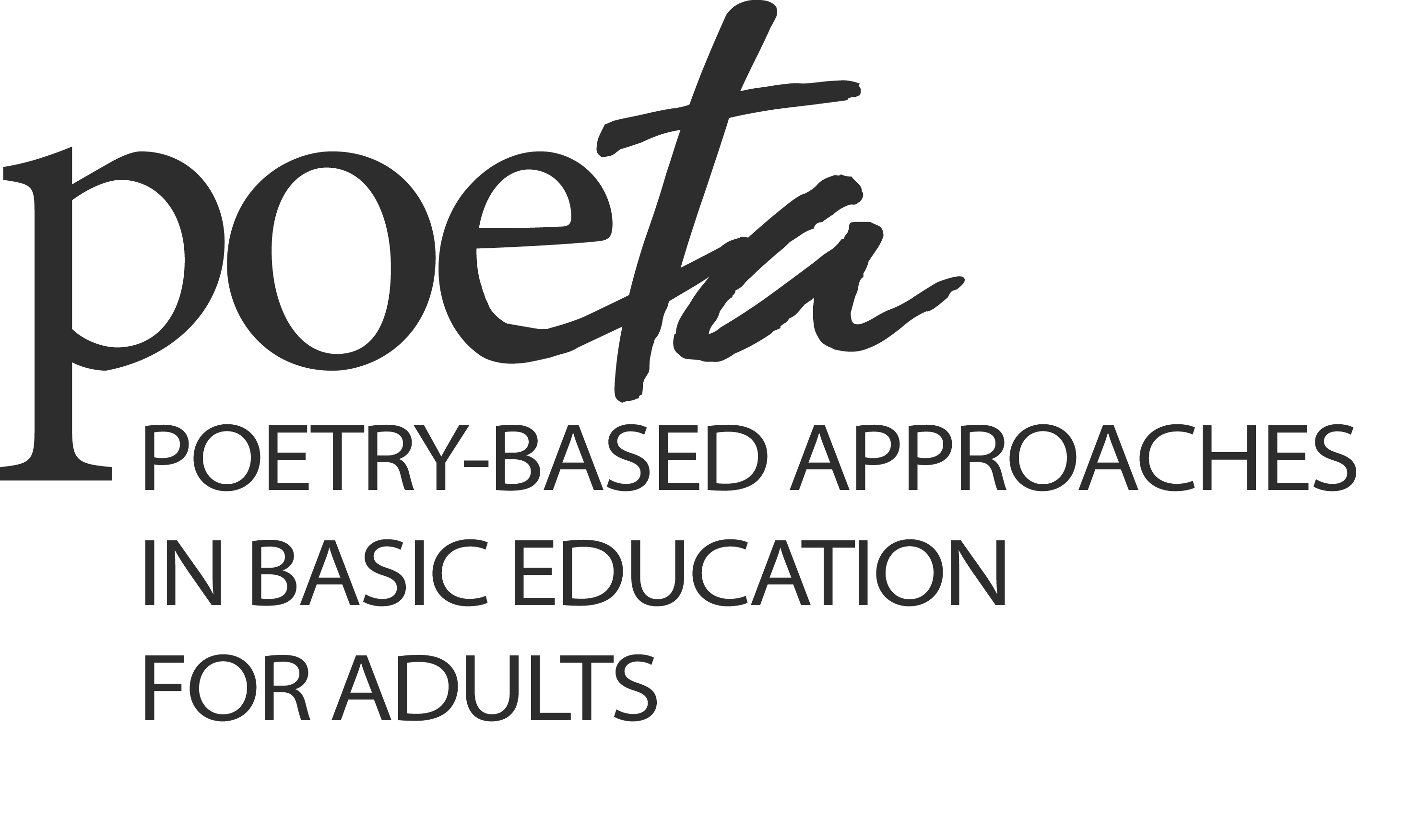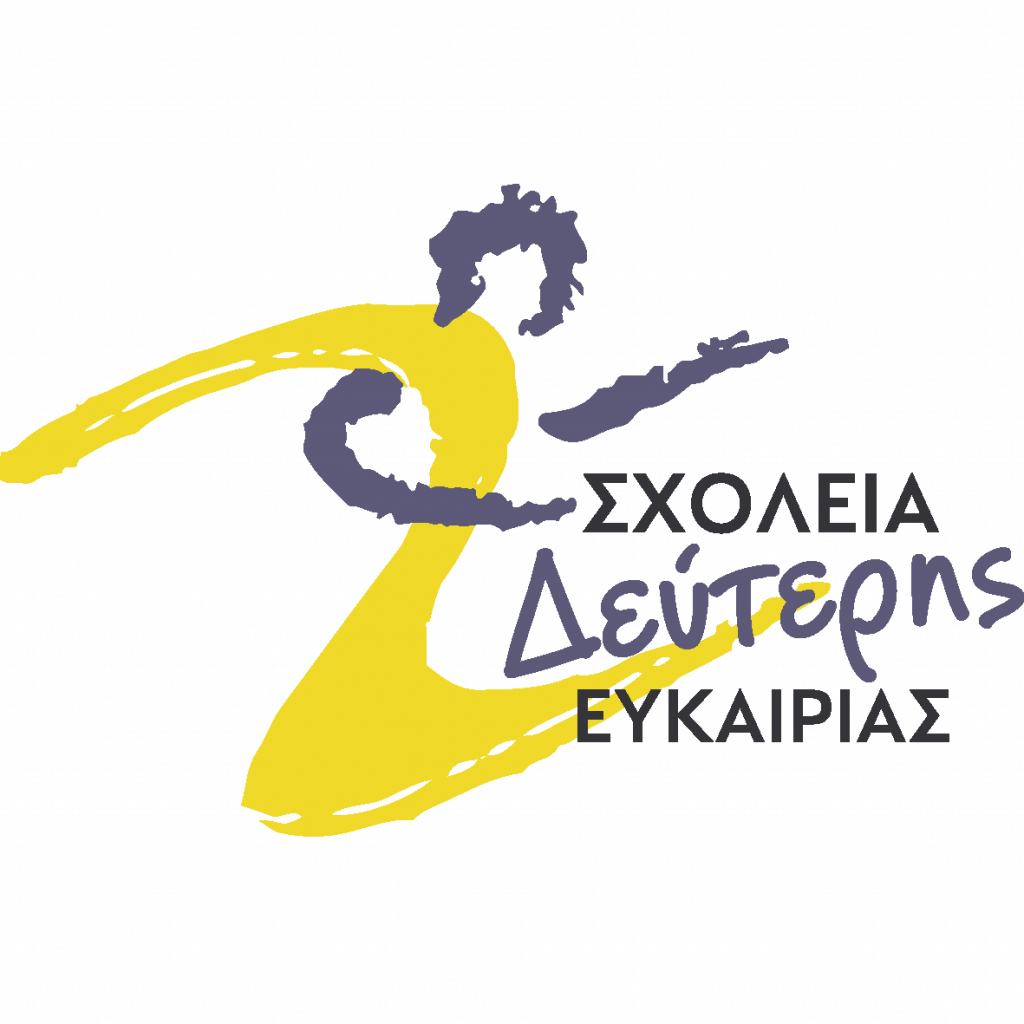
Wellcome to the Second Chance School of Kalamata.
Kalamata Second Chance School was founded in 2005 in Kalamata Greece. It fights social exclusion. It belongs to the General Secretariat for Lifelong Learning of the Greek Ministry of Education, Religious Affairs and Sports and is supported by the Greek Youth and Lifelong Learning Institute. KSCS is a public school for adults, i.e., people 18 years old and over, who, in some point in life abandoned school and have now returned to complete the secondary education. Learners from all walks of life are entitled to come to this school as for example older learners, migrants, women, learners at risk of social exclusion and in general every citizen who needs to acquire the secondary school diploma and at the same time to adjust more effectively to the wider social environment. Throughout Greece there are 62 Second Chance Schools.
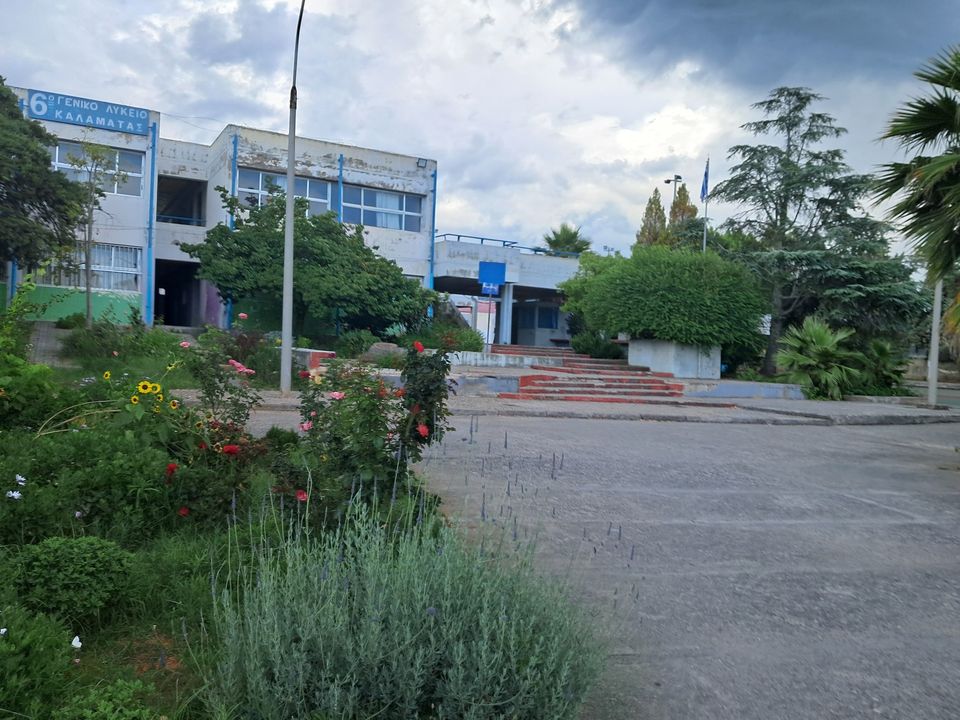
Goals
SCSs constitutes a European program developed to combat social exclusion. The objectives of Second SCSs are:
- reconnection of learners with education and training systems and
- completion of compulsory education
- building a positive attitude towards learning
- acquisition of modern knowledge and skills
- strengthening personality by building confidence and self esteem
- access to the labour market and improving trainees’ position in the field of their work.
The curriculum is flexible and open, adapted to the interests and needs of learners, thus ensuring their active participation. The trainees experiences are of great importance and essential to the course. The total duration of the training program is 2 years.
The weekly program is 25 hours and courses take place in the afternoon starting at 16:30- 20:30, from Monday to Friday.
Trainers – trainees
The school has about 60-80 trainees per year. Trainers are all highly-skilled in adult education with high qualifications and long-term learning experience.
The learning subjects taught in our school are:
- Greek Language
- Mathematics
- English Language
- Information Technology
- Social Education
- Environmental Education
- Physical Sciences
- Cultural – Aesthetic Education
- 3 hours workshops per week
The services of the programme
Our school collaborates with social places where there is knowledge and accumulated experience like as museums, art galleries, places of social gathering, artistic places, cultural institutions, places with cultural events or outdoor activities, environmental centres, science centres etc. These are places which provide formal, non formal and informal education together. To engage our adult students effectively we use adult education principles. Of course the role of the educator is important to engage and help adult learners. Our school has well-established links with a large variety of partners including, first of all, the local authorities, employment agencies, enterprises, educational establishments, research centres and universities, museums, as well as youth/neighbourhood workers and NGOs.
The curriculum is adaptable to the learners educational needs, enabling the content to be adaptable and redefined. The teaching methodology is based on adult learning principles and takes into consideration the different ways with which the adult learners acquire the knowledge. The curriculum is based on useful knowledge and skills for everyday life.
In addition, experimental, group cooperative learning, cross-thematic approaches, project learning methods, problem solving methods and dialogue are promoted.
There is a basic core of permanent staff and the rest are hourly paid teaching staff hired every year by the state to cover school needs. Totally 15 instructors including a Career Adviser and an Educational Psychologist.
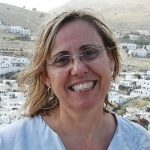
Georgia Gallou
Principal of Kalamata Second Chance School.
Greek Language and Literature instructor.
Certified adult trainer.
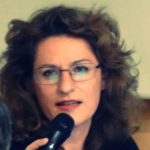
Eleni Lianou
Viceprincipal of Kalamata Second Chance School
Εlectronic computer systems engineer, specialized in aduptive hypermedia.
Certified adult educator and IT instructor.
